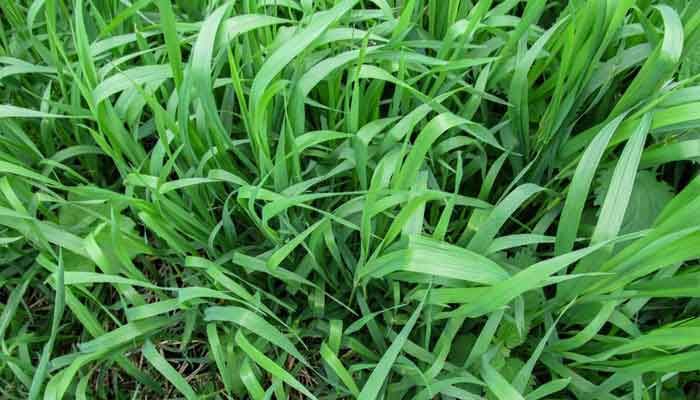The Importance of Durva Grass in Our Country
As the Basil plant (Tulsi) has many medicinal properties and is prominent in religious ceremonies it is considered as one of the most auspicious plants in India. However, Durva grass is the second most sacred vegetation on the planet! This small herb is filled with numerous medicinal values and all its parts like the roots, stems, leaves, and flowers are used in preparing several Ayurvedic medicines.
Cynodon dactylon is the botanical name of Durva grass and Doob Doober, Dubra or Daob are the common names of this tiny grass in India. Though this small grass is categorised as a weed, landscape consultants and gardeners appreciate it for its qualities such as softness, easy to grow, less care required, weather compatible, self-growing, fast propagating and lushness. This grass is also known as Bermuda grass and a few animals like rabbit, goat, boars, etc. like eating its semi-hard white roots as energy food. The roots of this grass also contains wonderful qualities and abundant health benefits. Besides, it has an extraordinary spiritual value! Here are some of its uses, benefits, and properties.
For Religious Activities
According to the great ancient Indian epics, Durva grass is closely associated with all ceremonies dedicated to Lord Ganesha. In Indian culture, the new metallic vessels are washed with this grass before daily use. This grass is also used on festivals to decorate the main entrance of a house, along with other hangings as it is believed that its presence helps in protecting the house from anything negative.
Its top new tender shoot always grows together with three leaves which are believed to represent primal Lord Shiva, primal shakti and Lord Ganesha. Growing Durva in religious places is very common in India and using it in rituals symbolizes devotion, dedication, and abundance. However, the flower-bearing Durva grass is not used for puja rituals and usually, three or five leaflets are offered to Lord Ganesh, known as durvankur during worship.
As An Ayurvedic Medicine
Durva grass plays an important role as an herb in Ayurveda. Its extract is very useful to keep diabetes under control. It also helps in enhancing the body’s immune functions and helps in controlling urinary problems too. The paste of Durva grass is also useful in curing skin related problems through local application – just churn a little Durva grass and use its thin paste on the affected area. Durva grass can improve digestion as well. Further, the juice of this grass works as a natural detoxifier and helps in eliminating toxins from the body.
Durva extract is also very useful to combat acidity and related issues and provides quick relief. This wonder herb is packed with plenty of health nutrients and also helps in healing ulcers. To cure mouth ulcers, keep its crushed leaves in the mouth for few minutes. What’s more, this grass acts as mouth freshener and also provides strength to the jaws. You may have noticed dogs chewing this grass when they are sick. In short, the bad enzymes, acids, and salts with the semi chewed grass makes them feel light and cures them from small digestive issues.
Besides the extraordinary spiritual value of this herb, the roots of this grass too contains wonderful qualities and abundant health benefits!
Uses Of Durva Grass
In rural areas, dried Durva grass is burnt with less flame and more smoke and used as a mosquito repellent for pets or domestic animals like cows, buffalos, and horses. During summers and the rainy season, the smoke of this grass keeps insects, bees, and mosquitoes away from these animals at night.
Gardeners love creating a lush green bed of this grass, as it gives positive energy. Moreover, this grass grows very fast with less care and maintenance. It also has the capacity to stay green, even during drought.
In Vastu Shastra, Durva grass is used to ward off many defects. Hence, its presence at the main entrance of the house enhances positivity in one’s abode.
It is good fodder for the milking cattle as its sap increases lactation capability.
In a few countries, shopkeepers spread this grass at the entrance of their shops every morning. They do this, as they believe that it creates a positive environment and helps in attracting more customers, thereby providing good business.
